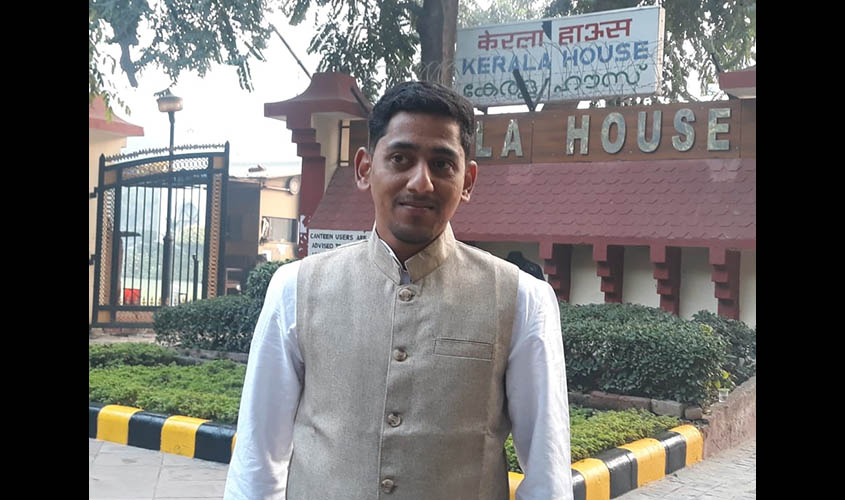Firoz filed a PIL in Kerala High Court in 2017when his plea went unheard by state authorities.
NEW DELHI: Persons with disabilities (PwDs) have alleged lack of facilities in every sector such as transportation, education and healthcare in Kerala.
Firoz K.V., an activist from Kerala who suffers from orthopaedic disability, is fighting against such lack of facilities for a differently-abled person in the transportation sector for the past five years.
Talking about the issues with The Sunday Guardian, Firoz said, “Kerala is not a disabled-friendly state, especially in the transportation sector. Both private and public buses are not suitable for PwDs.”
Presently, the Kerala government has granted 70% fare concession in Kerala State Road Transportation Corporation (KSRTC) buses in the category of city, ordinary and fast passenger, but excluding the KSRTC superfast buses.
The private buses also grant the concession for disabled persons who have 40% or more disability but it is highly restrictive as the concession is applicable only for the first 40 km of travel.
Expressing dismay, Firoz said, “A person with disability has to change three buses to commute a long distance journey like, from Kozhikode to Calicut. It is very difficult for a disabled person to change the bus at every 40 km.”
Firoz filed his first PIL regarding the issue in 2017 in Kerala High Court at Ernakulam. “I had to move the court as my plea was disposed of by the Social Justice department. I tried to talk to both former and present governments about this but in vein.”
Except for the fare concession, the buses in Kerala do not have disabled-friendly supports like seatbelts, protective handles, railing for safety and hydraulic lifting of wheelchaired travelers.
“I am fighting for the cause for disabled people for the last two year. Kerala Urban Road Transport Corporation (KURTC) buses are providing some facilities but not in all the buses. I request to make all the buses disabled-friendly,” said Firoz.
Firoz is also working on the accessibility challenges faced by a differently-abled person at colleges in Ernakulam.
Firoz has collaborated with Human Rights Law Network (HRLN), a nationwide collective of lawyers and social activists to work on the project to understand the extent of problems faced by a differently-abled person in education sector.
The initial survey conducted by the HRLN has found that “many college campuses are inaccessible for disabled person in Kerala. Colleges do not have basic facilities like ramps and disabled-friendly toilets.”
“I am very sad for the blind people. The government says that they are making India digital but the blind people are struggling as the public library is not digital,” said Firoz.
“I am very sad that Kerala government is not responding to these issues. I have a dream of seeing India as a disabled-friendly country,” envisioned Firoz.

